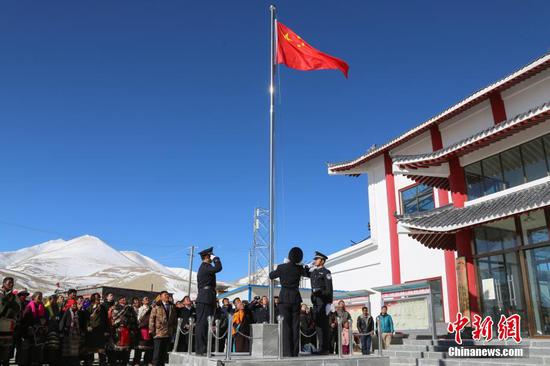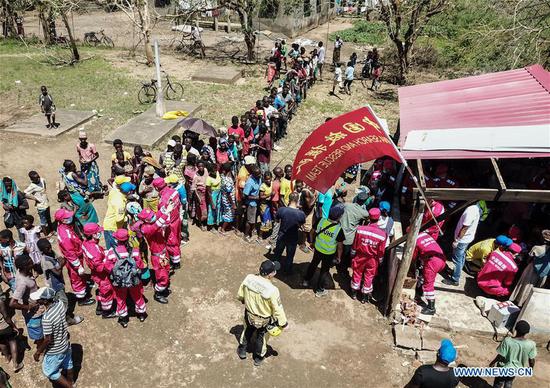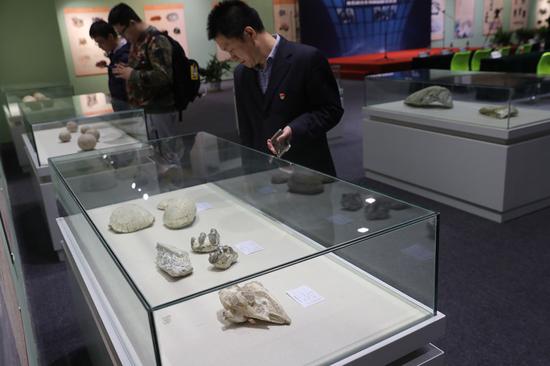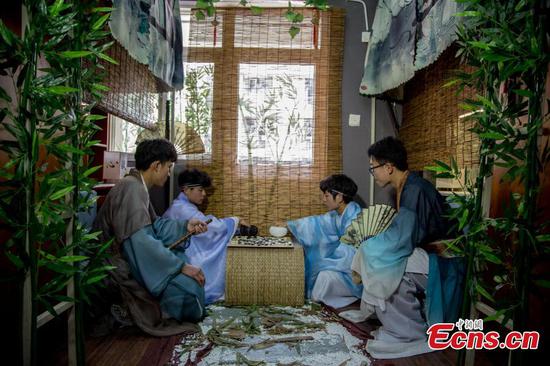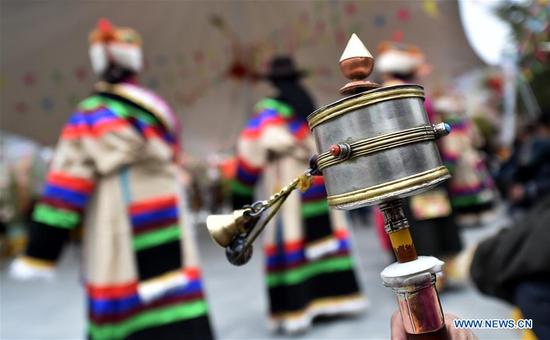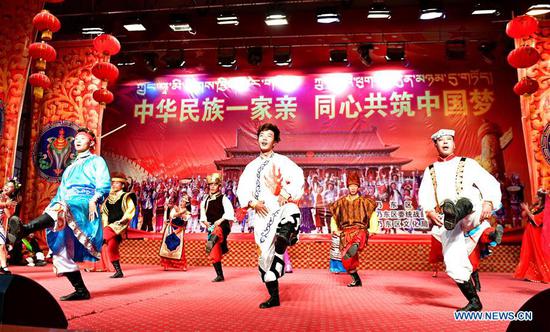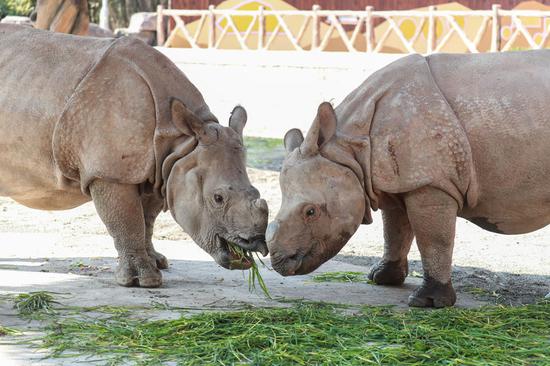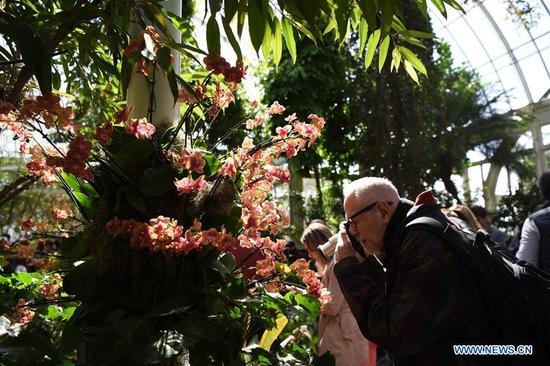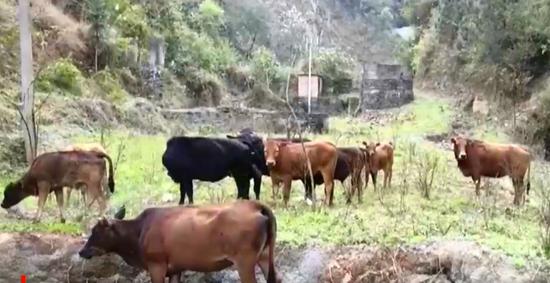
Phurbu Tsering, a son of house slaves, explains the history of serfdom at Phalha Manor, Gyalze county, Tibet. (ZHU XINGXIN/CHINA DAILY)
Slavery
Sixty years ago, serfs accounted for about 90 percent of Tibet's population. They had no means of production or personal freedom, and their survival depended entirely on working for officials, aristocrats and high-ranked lamas in monasteries.
The upper classes owned farmland, grassland and even whole mountains. House slaves, aka "talking tools", accounted for 5 percent of the population, according to Zhang Yun, head of the history department at the China Tibetology Research Center in Beijing.
The contrast between the lives of the aristocrats and their retainers is illustrated perfectly at Phalha Manor, where the items on display and the architecture tell the stories of their very different owners.
While the master wore an Omega wristwatch and his friends sipped Scotch whisky and played mahjong in the sunroom at the top of the three-story house, Phurbu Tsering's parents lived in a tiny, windowless adobe house, which was just 1.4 meters high and could only be entered by bending down.
While the master's wife tried to decide which Louis Vuitton bags she would take on outings, Phurbu Tsering's mother was given just one item of clothing a year.
"My parents often talked about how the housekeepers punished the house slaves and serfs whenever they liked. Not many people who lived through those dark days are alive now to tell the stories," Phurbu Tsering said.

Pagor, resident of Paljor Lhunpo village in Gyalze
At noon, Pagor, another resident of Paljor Lhunpo, opened all the curtains in her living room. "Isn't it like the sunroom in the manor house?" the 57-year-old asked.
As a young man, her father was a Phalha family nangzan. "His job was to manage the master's horses, so he slept in the stable with the animals for many years. He was never allowed to ride them, though, because that would have been disrespectful to the masters," recalled Pagor, who like many Tibetans only uses one name.
Because Pagor's father was a good worker, the master of Phalha Manor allowed him to manage a piece of land, meaning he became a tralpa, a class of serfs who worked land assigned to them and provided free labor for their owners.
Serfs had to stay within the boundaries of their owner's manors. They were not allowed to leave without permission and were strictly prohibited from fleeing the manors.
By contrast, the owners could trade and transfer serfs, present them as gifts, exchange them, and use them as stakes for gambling and as collateral for loans, according to a white paper on Tibet's democratic reform, published on Wednesday by the Information Office of the State Council, China's Cabinet.











